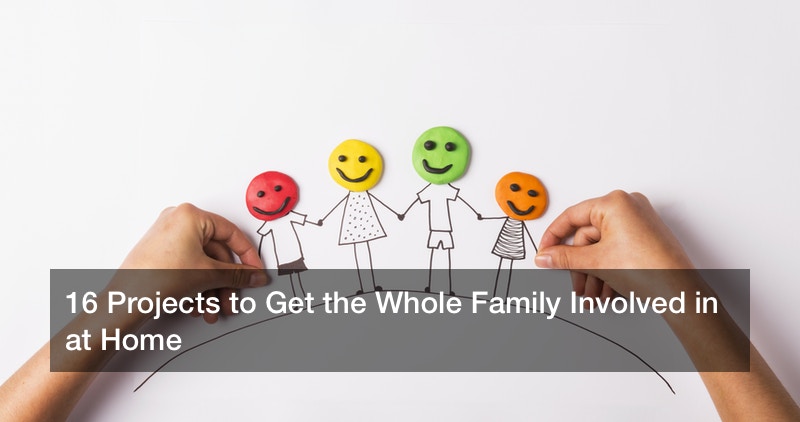Sleep is of course universal, but there are some differences in how people young and old get sleep. Children need around 10 hours of sleep per night since their bodies and brains are growing, and elderly adults need the least sleep out of any age group. And it may not come as a surprise to hear that babies and toddlers need the most sleep during the day and night. What should be noted is that most often, these babies and toddlers do not sleep all in one sessions like their parents will. Instead, this sleep is largely fragmented, and babies often take up in the night to have their needs attended to. This is natural, but the parents may not like being woken up over and over. So, they can hire a sleep trainer or baby sleep consultant to help out. Training a baby to sleep differently is very much possible, and an online search such as “sleep consultant NYC” may be a fine idea for any resident of New York City, just for one example. Parents living in Queens, the Bronx, or any other borough can look up “sleep consultant NYC” and specify their area to find local baby trainer agencies. When searching “sleep consultant NYC”, what might come next?
How Babies and Their Parents Sleep
As mentioned above, babies sleep differently than their parents, and they sleep more, too. In fact, babies might wake up every few hours if they need feeding or a diaper change, and they will cry out for attention. When a baby is born, its parent’s brains rewire in many different ways for parenthood, and that includes an increased sensitivity to their baby’s cries. This happens to both parents, though it is more pronounced in the mother. Early in life, a baby has not yet set up its circadian rhythm, or the pattern for sleep and wakefulness. This will clash with the parent’s own rhythm, but parents can’t simply ask their baby to go to sleep and stay that way for eight hours. Younger babies may need feeding every three hours or so, and they will certainly wake up hungry a few times in the night.
To an extent, this is true of toddlers, too. They may sleep for many hours per day and night, and it may be broken up into chunks of sleep in addition to naps. A toddler is starting to approach its early childhood, however, and that youngster may need to be on an “adult” sleep schedule once it has more commitments, such as preschool. Preschools often offer nap time, but all the same, parents may have a great interest in getting their toddler on a new sleep schedule. It takes longer to adjust a toddler’s sleep schedule than a baby’s, but it can be done. Parents might specify “toddler sleep consultant NYC” online when they are searching for an agency to help.
Hiring a Baby or Toddler Sleep Trainer
Parents may find a few local sleep agencies, and they are urged to research those agencies and ensure that they are reputable. Parents may note that such agencies are not federally regulated, so they may want to do their own homework. Once a quality agency is found and contacted, a trainer (probably a woman) will be sent to the client’s household and have them fill out a questionnaire. That, and the sleep trainer will interview the parents to get an idea of what the household is like.
Now, over the course of one or two weeks, the baby sleep trainer helps the baby or toddler gradually adjust its sleep schedule to more closely match that of its parents. It may be best to do this for babies above a certain age and body weight, as younger and smaller babies need frequent feeding and don’t yet have their circadian rhythm set up. Older babies, and any toddler, may be more receptive to this training. Once it’s done, the youngster will have a sleep pattern similar to its parents’, and sleep for hours on end without waking up. Babies above a certain weight don’t have to feed as often as younger ones, so that threshold should be passed before sleep training begins.
